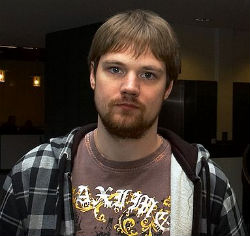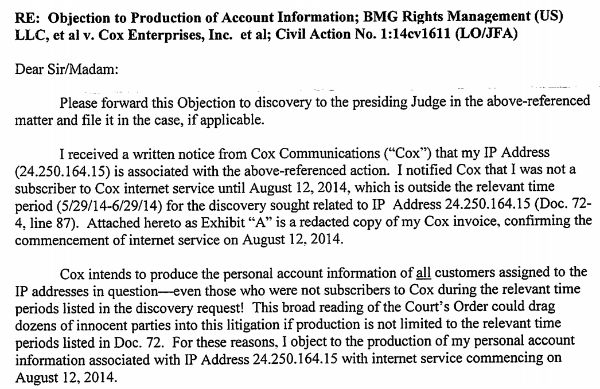‘Pirate’ Site Admin Ordered to Pay Hollywood $12.8m
lundi 6 juillet 2015 à 11:23 In an October 2014 submission to the Office of the US Trade Representative (USTR), the RIAA bemoaned the existence of several leading ‘pirate’ sites.
In an October 2014 submission to the Office of the US Trade Representative (USTR), the RIAA bemoaned the existence of several leading ‘pirate’ sites.
All the big named sites were present, including the notorious Pirate Bay and KickassTorrents, but also mentioned was Wawa-Mania, a million member strong ‘warez’ forum specializing in a broad range of ‘pirate’ content.
Founded in 2006 by Dimitri Mader, Wawa-Mania became an extremely popular site and in 2009 the Frenchman was detained by the authorities after the Association Against Audiovisual Piracy (ALPA) identified more than 3,600 films being made available via the site without permission.
The case rolled on and in April this year Mader was sentenced to a year in jail and was fined 20,000 euros for his role on the site. He wasn’t present at the hearing – the 26-year-old remained at home in the Philippines with his family.
Having established the Frenchman’s guilt, the courts were left to decide how much Mader should pay in damages to plaintiffs including Columbia Pictures, Disney, Paramount, Tristar, Universal, Twentieth Century Fox and Warner Bros.
Following deliberations July 2, 2015, TorrentFreak has now obtained a copy of the ruling and for Mader it will make particularly tough reading.

In varying amounts, each video rightsholder claimed damages per infringing copy, in some cases 5 euros per unit and up to 15 euros per unit in others. In respect of music, claims varied between a few cents per track up to a couple of euros per album/unit. For software, Microsoft claimed a flat sum of one million euros.
Noting that the technological environment made it “particularly difficult” to assess precise damages, the court still held that Wawa-Mania enabled “millions of acts” of infringement. In the end the final awards aren’t quite the $30m in damages that were predicted earlier but it’s nevertheless a punishing schedule.
€ 2,725,260 for Twentieth Century Fox Film ($3,015,813)
€ 1,998,849 for Disney Enterprises ($2,211,956)
€ 1,838,401 for Columbia Pictures ($2,034,402)
€ 1,796,027 for Universal City Studios ($1,987,510)
€ 1,618,388 for Paramount Pictures ($1,790,932)
€ 1,224,348 for Warner Bros. ($1,354,881)
€ 434,699 for Tristar Pictures ($481,044)
€ 2,691,670 for SACEM ($2,978,642)
€ 527,675 for SCPP ($583,933)
€ 684,067 for Microsoft ($756,998)
€ 67,395 for Marc Dorcel ($74,580)
“Counterfeiters maintain that they act in the interests of dissemination of culture, while the analysis of lists of works in the record shows, obviously, a very piecemeal approach to musical culture or global film,” the ruling reads.
“But the imbalances created by downloading this type of work affect not only this but even more generally on all the works including those whose success is not immediate or massive. It is therefore appropriate to recognize significant financial damages and allocate damages accordingly within the limits of the requests by different civil parties.”
TorrenFreak has contacted Dimitri Mader and will update this article with his comments in due course. For now, Wawa-Mania remains operational.
Source: TorrentFreak, for the latest info on copyright, file-sharing, torrent sites and the best VPN services.
 This week we have three newcomers and one returnee in our chart.
This week we have three newcomers and one returnee in our chart. Fredrik Neij, one of The Pirate Bay’s co-founders, was released early last month after serving a 10-month prison sentence for his involvement with the site.
Fredrik Neij, one of The Pirate Bay’s co-founders, was released early last month after serving a 10-month prison sentence for his involvement with the site.  The recent
The recent  Last year BMG Rights Management and Round Hill Music
Last year BMG Rights Management and Round Hill Music 